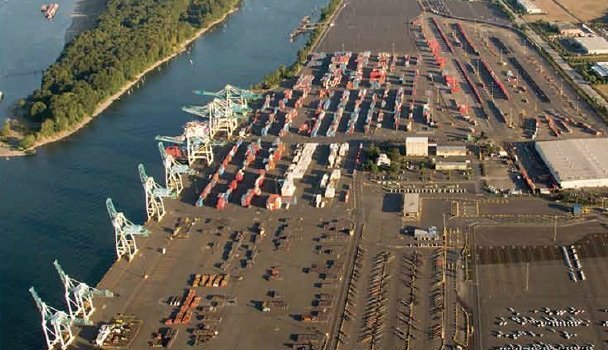Portland to close container terminal

The US west coast will bid farewell to a container destination come the end of September.
Officials at Portland in Oregon have decided to close and likely repurpose the city’s sole mothballed container terminal this autumn as the facility no longer has any regular customers and has been losing millions of dollars for the past few years.
Shippers in the region will likely use Tacoma in Washington for shipments going forward.
Manila-headquartered International Container Terminal Services, Inc (ICTSI) originally signed a 25-year deal with Portland back in 2010, paying $4.5m a year after an initial downpayment of $8m. In 2017 it quit the port with no major clients – and considerable labour issues – at its Terminal 6 facility, Oregon’s only container terminal. A court ruled later that the local chapter of the ILWU had sabotaged shipping traffic at the terminal through years of labour slowdowns and stoppages.

Blame the regular working person. How unfair.
That may have been in response to ICTSI making EXTREME (and ILLEGAL demands here in the US) of the workers in a South American nation. Those demands forced the laborers to build hovels close to or next to the dock in order to meet the parameters of working conditions that ICTSI had established. When the group tried to unionize, all the homes in the area around the port were damaged or destroyed, leaving the workers NOTHING and nowhere to go. There was speculation that a ship came loose and may have hit the dock so safety became a bigger issue at all West Coast ports and rules were followed to the letter to prevent accidents and mishaps.